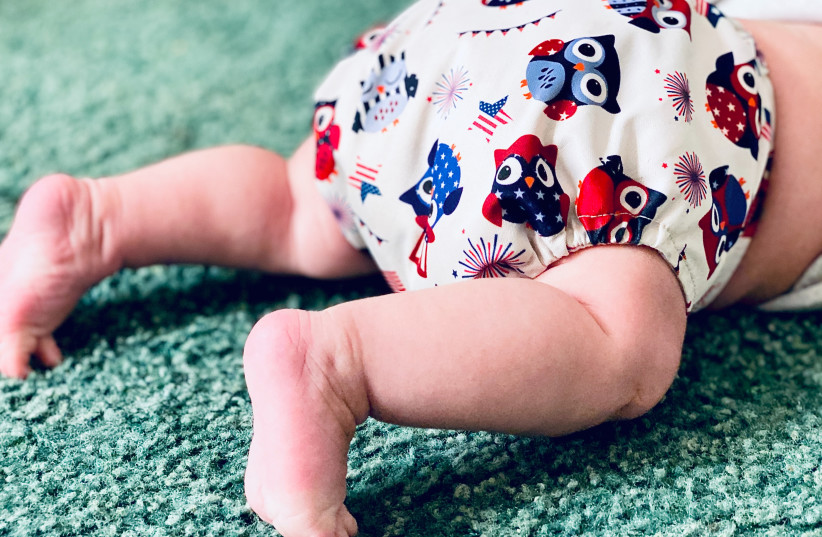The current summer is not having mercy on us and it seems like the temperatures will only continue to skyrocket. Due to this, there is a need to protect small children and babies from dehydration.
A human body contained some 60% water, and babies have an even higher percentage, and therefore, water is an even more important component of their life. When dehydrated, a person loses more water than they intake. The bigger the gap between the water lost to the water gained, the worse the dehydration and the level of danger.
It's not always easy to recognize the signs of dehydration. Even a seemingly innocent symptom like quickened breathing can lead to dehydration without warning. A combination of diarrhea and vomiting also raises the risk, while it can also be caused by heavy sweating, conditions that lead to frequent urinating and some medication.
What are the warning signs of dehydration among children?
Dry diaper - Fewer than four wet diapers a day can be a sign of dehydration. If your child has already been potty trained, take note if they are going to the bathroom less or if their urine is darker or smells different.
No tears - If your baby is crying but not producing tears, this is a red flag that they need more fluids.

Sunken soft spot on top of the head - All babies have a soft spot on the top of their heads, but if it's sunken, this could be a sign of dehydration.
Sunken eyes - another thing to watch out for among children - not just babies.
Dry lips - It's recommended to check their lips, mouth and tongue. If they are dry, this means they need water.
Cold hands and feet - If your baby's hands and feet are cold despite the heat, this is a red flag. When you are dehydrated, your circulation could get cut off and be rediverted from your extremities so that blood can be supplied to the most essential organs.
Restlessness - Another sign of dehydration among babies is restlessness, sleepiness or drowsiness.
Quickened breathing - If your child is breathing faster than usual or has a fast pulse, they could be dehydrated.
When should you take your child to the hospital?
If your child is dehydrated you should take them to the hospital where the doctor can determine how bad their condition is.
If your baby is younger than six months with plain or bloody diarrhea accompanied by vomiting that goes on for a few days, is refusing to drink, has a fever, is restless or has a dry diaper for more than four hours, speak to a doctor immediately.
